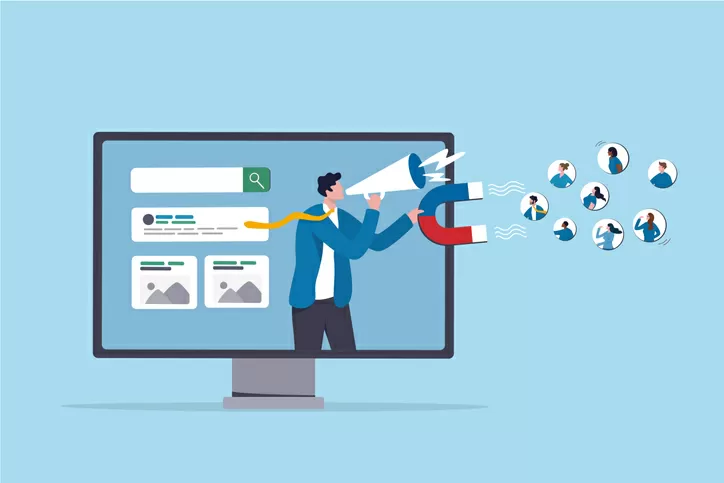In today’s competitive business landscape, it can be challenging for small businesses and SMEs to stand out and attract customers. With limited resources and budget, it’s crucial for business leaders to make strategic decisions when it comes to their marketing efforts. One of the most common debates in the marketing world is whether businesses should focus on lead generation or brand awareness. While both are important, the key to driving sustainable marketing growth lies in aligning both strategies.
Lead generation is the process of attracting and converting potential customers into leads, while brand awareness is the level of familiarity and recognition of a brand among its target audience. Both are essential for business success, but they serve different purposes. Lead generation focuses on driving immediate sales, while brand awareness builds a long-term relationship with customers.
So, should leaders focus on lead generation or brand awareness? The answer is both. Here’s why aligning both strategies is crucial for driving sustainable marketing growth.
1. Building a Strong Foundation
Lead generation and brand awareness go hand in hand. Without brand awareness, it’s challenging to generate leads, and without leads, it’s challenging to build brand awareness. When a business focuses on both strategies, it creates a strong foundation for sustainable marketing growth. Brand awareness helps to establish a brand’s identity and reputation, making it easier to attract potential customers. On the other hand, lead generation helps to convert those potential customers into leads and eventually into loyal customers.
2. Establishing Credibility and Trust
In today’s digital age, consumers have access to a vast amount of information, and they are more cautious about the brands they choose to do business with. Building brand awareness helps to establish credibility and trust with potential customers. When a brand is well-known and has a positive reputation, it’s easier for consumers to trust and choose that brand over its competitors. On the other hand, lead generation helps to build trust by providing valuable information and solutions to potential customers, making them more likely to convert into leads.
3. Maximizing Reach and Impact
Focusing on both lead generation and brand awareness allows businesses to maximize their reach and impact. Brand awareness helps to reach a broader audience and create a buzz around the brand, while lead generation targets a specific audience and encourages them to take action. By aligning both strategies, businesses can reach a larger audience and make a more significant impact on their target market.
4. Creating a Consistent Message
Aligning lead generation and brand awareness also helps to create a consistent message for the brand. When a business focuses on both strategies, it ensures that the message it conveys to its audience is consistent across all marketing channels. This consistency helps to reinforce the brand’s identity and values, making it more memorable and recognizable to potential customers.
5. Driving Long-Term Growth
While lead generation focuses on immediate sales, brand awareness drives long-term growth. By building a strong brand and establishing trust with customers, businesses can create a loyal customer base that will continue to support the brand in the long run. This long-term growth is crucial for sustainable marketing success and can lead to increased sales and revenue in the future.
In conclusion, the debate between lead generation and brand awareness is not a matter of choosing one over the other. Both strategies are essential for driving sustainable marketing growth. By aligning both strategies, businesses can build a strong foundation, establish credibility and trust, maximize reach and impact, create a consistent message, and drive long-term growth. So, instead of focusing on one strategy, business leaders should prioritize aligning both lead generation and brand awareness to achieve sustainable marketing success.

